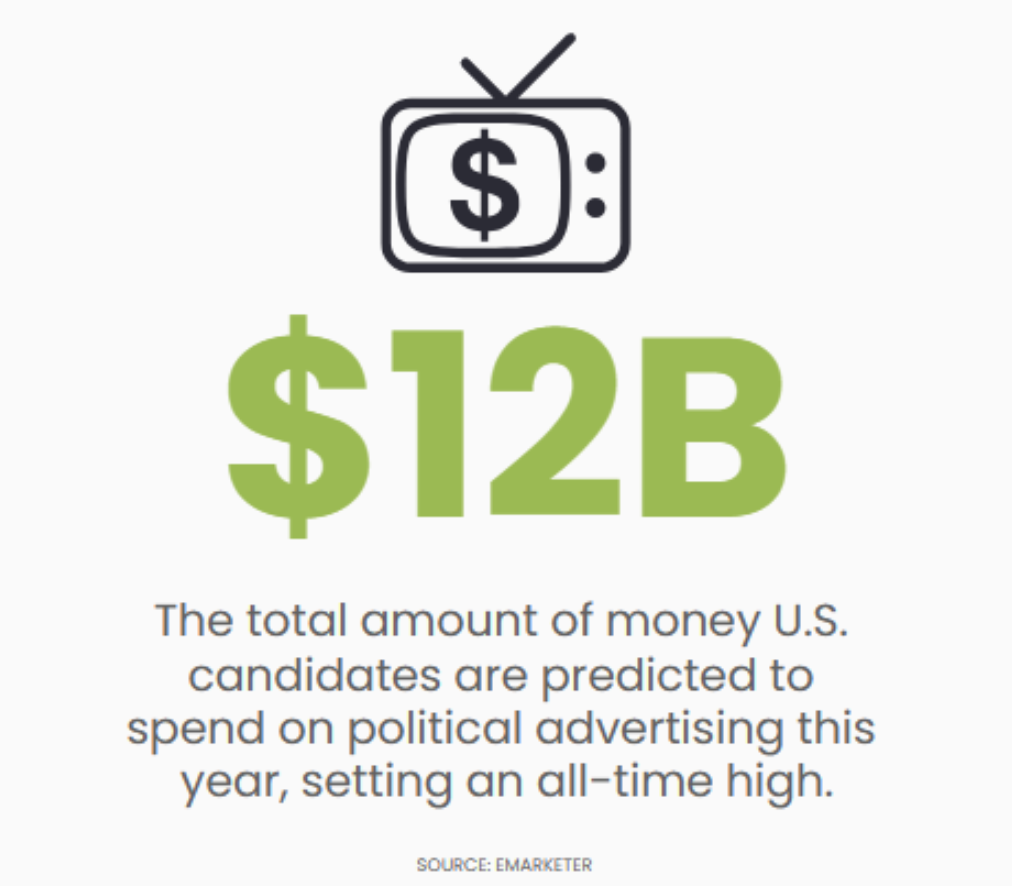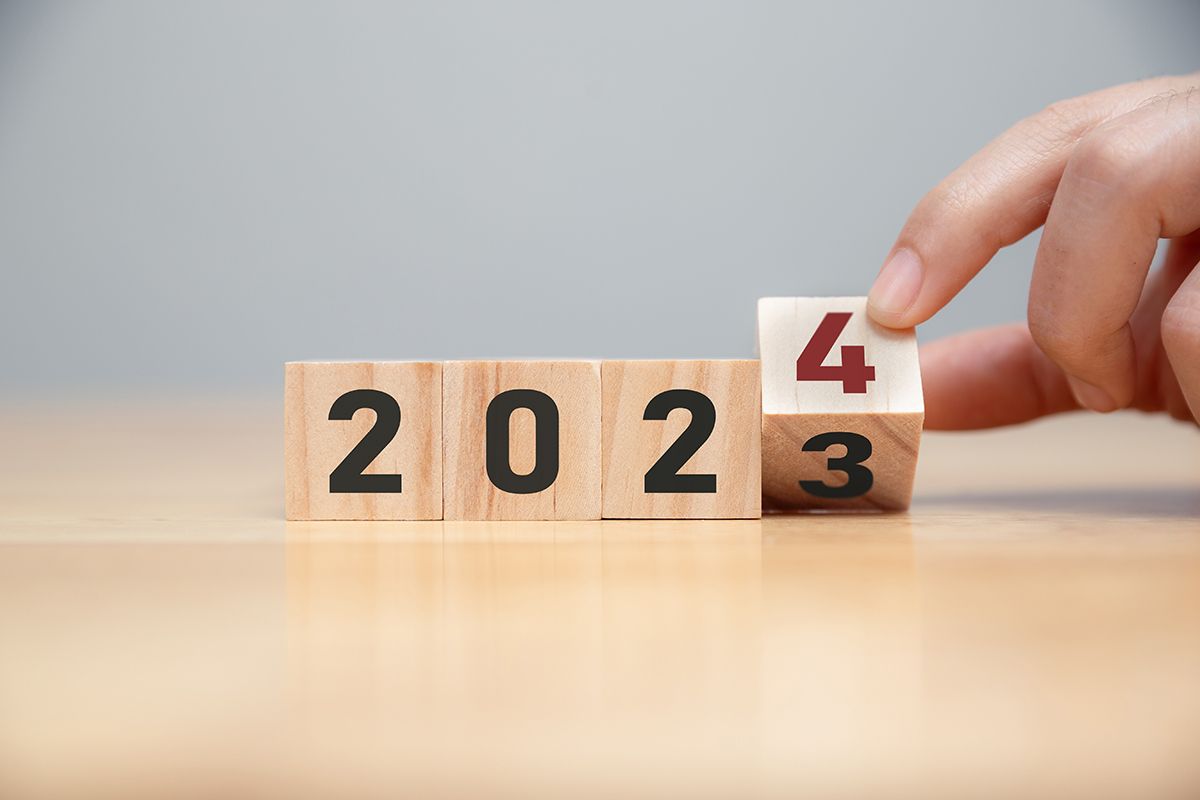How Your Business Can Enact Meaningful Change This Earth Day and Beyond
April 22 is Earth Day, and it couldn’t come at a more important time in our society!
The business world has changed. No longer can companies skate by, hoping their customers don’t notice, aren’t aware, or worse—don’t care about their impact on the environment. Public opinion has undergone a dramatic shift in the past few years, one toward greater transparency in business practices and products. Consumers expect more authentic actions from companies than ever before, and it’s only growing in demand.
Along with powerhouses such as Deloitte, Google , and Sprout Social , IBM has the research to back up that assertion. Per a survey conducted in 2020 , IBM found that:
- Nearly 60% of consumers will change their shopping habits to reduce environmental impact.
- Nearly 80% of respondents indicate sustainability is important for them.
- Over 70% say they would pay a premium of 35 percent, on average, for brands that are sustainable and environmentally responsible.
Thus, caring for the Earth is not just the right thing to do, it’s proving to be a smart business decision as well. Believe it or not, the main secret to success lies in how you communicate your efforts. Tell your story right, and you’ll reap the rewards. Get it wrong, and it can tarnish your company’s reputation, in some cases overnight.
The industry calls this greenwashing—the promotion of the veneer of corporate social responsibility with none of the tangible results. It’s a dirty spin tactic that’s more common than you might think.
In honor of Earth Day and as experts in public relations and communications, we want to share our favorite dos and don’ts to help your company make a real environmental difference with confidence.
The Right Way to Communicate Your Sustainability Initiatives (with Examples)
Getting Started: Where Do You Even Begin?
So, you want to make a difference. Great! The first thing we recommend is evaluating your company’s impact based on the ESG performance framework. Many of the top Fortune 500 companies use this three-pronged method for measuring and holding companies accountable. Luckily, you can benefit from it even if you aren’t on the Fortune 500.
Here’s what it means:
- E for Environmental Criteria : It’s the total environmental impact of your supply chain, from the materials you use to transportation to the electricity that powers your facilities. It also includes considerations such as how and where you dispose of hazardous waste, environmental regulations you follow (or ignore) and any other ways your operations affect the planet.
- S for Social Criteria : This marker encompasses the relationships your business has with others. Who are your partners? Who have you partnered with in the past? Who are you looking to partner with in the future? Think about who makes your products or who implements your services. Are they diverse? Are they ethical?
- G is for Governance : Do you hold yourself accountable for what you say you’re going to do? While it could be in the form of a regulatory committee, it can also be in the form of key performance indicators, such as the number of emissions you reduce year-over-year or the percentage of products you use or create that are made with recycled plastic.
Concepts to Avoid: Vague Goals
Here’s the big problem: No one has a standard for ESG goals. This shortfall in the system creates big margins for error and allows for potential greenwashing from companies. They earnestly look like they’re making a difference but because they’re tracking the wrong metrics or they’re marketing it in a misleading manner.
Vague goals are objectives that aren’t easily measured. For example, your carbon footprint is easily measurable, but if you’re calling a product “100% recyclable” or “plant-based” and it still contains other non-plant-based products, you haven’t set good goals. And you run the risk of being called out as misleading your customers

Source: Target Corporation
Target is a stellar blueprint of quality ESG goals. They’re relevant , achievable and most of all measurable . Here’s a small snippet from their sustainability report to give you a sense of what ESG goals look like in practice:
For the sustainability fans, several environmental organizations do want to create a standard ESG framework. The United Nations with their Sustainable Development Goals, the European Union, and the International Financial Reporting Standards (IFRS) Foundation all want to develop conventions that apply to everyone. The Paris Agreement is one such agreement across nations.
Watch Out: Are You Focusing on You or the Actual Cause?
It’s easy to mess up with this step because it comes down to how you frame your efforts. While sustainability initiatives increase consumer loyalty and confidence in your brand, at the end of the day, your efforts shouldn’t be about you and your bottom line. They’re about protecting our planet.
So, if you have a big announcement coming up about an emissions milestone—say your company has become carbon neutral—it’s far too easy to focus on yourself. Instead, we recommend talking about the impact of your efforts. Discuss why you did it, not what you did. Why is achieving carbon neutrality important? Why is that one of your company goals? Where will your company go from here?
Lyft is a good example of this, especially because the company committed to carbon neutrality back in 2018.

Source: Allbirds
Our favorite, though, has to be Allbirds. This B Corporation apparel company went all-in on changing the fashion industry by making their proprietary carbon footprint tools available to many of their competitors.
Communications Tip: Don’t Dramatize Your Efforts
Focus on the facts—that’s why you set ESG goals. You should clearly measure your impact to ensure that your company talks the talk and really does walk the walk. Dramatizing or “spinning” your efforts in such a way that they seem bigger than they really are or aren’t really effective is an easy way for you to get called out for greenwashing.
Truth in Advertising, a nonprofit that raises awareness against false advertising and deceptive marketing, lists 15 examples of companies accused of greenwashing. Use these examples as a guide for practices to avoid so you can better market your journey toward more sustainable business activities.
Tip of the Trade: Think Before You Act
With all the competing sustainability announcements today, you might seem pressured into “just getting something out.” While that method of marketing has a time and a place, we recommend you don’t announce anything until you’re ready.
Every company is at a different stage in its journey, and what you see on Earth Day has most likely been in the works for a year or more. Thus, the best way to kickstart your journey and achieve a better reputation among consumers is not to act today. Instead, you begin planning right now to make meaningful moves that you can talk about in the future.
Always Communicate with Empathy and Compassion
Be authentic and honest with your customers. Many people, especially younger generations, have a trained eye for smoke-and-mirrors messaging. They want to know you’re doing your part as a business to make a difference in the world, and they want to feel good about doing business with you. That means they can tell when you’re putting on a show for media attention, not because you actually made a difference.
The New Belgian Brewing Company took a widely creative approach to Earth Day 2021 by making a beer using only post-apocalypse ingredients. The message is simple, clear and powerful in its morbidity. The brand did it intentionally to raise awareness for what’s happening to our environment. The campaign illustrates what will happen to something as simple as a can of beer if we don’t push businesses to act and be held accountable for their environmental decisions.
Sustainability is Achievable for Any Brand and of Any Size
Don’t be intimidated by the big brands making big climate announcements today. They’ve got lots of work to do and progress to make for the planet. Small and medium-sized businesses can begin making a difference today and spread the word while doing it!
You can begin by committing your company to better business practices, a strong sustainability plan, and a robust communications strategy.

(281) 223-1324
1980 Post Oak Blvd., Suite 100
Houston, TX 77056
All Rights Reserved | Spark, Wright, and Colgin, Inc / Integrate Agency.









